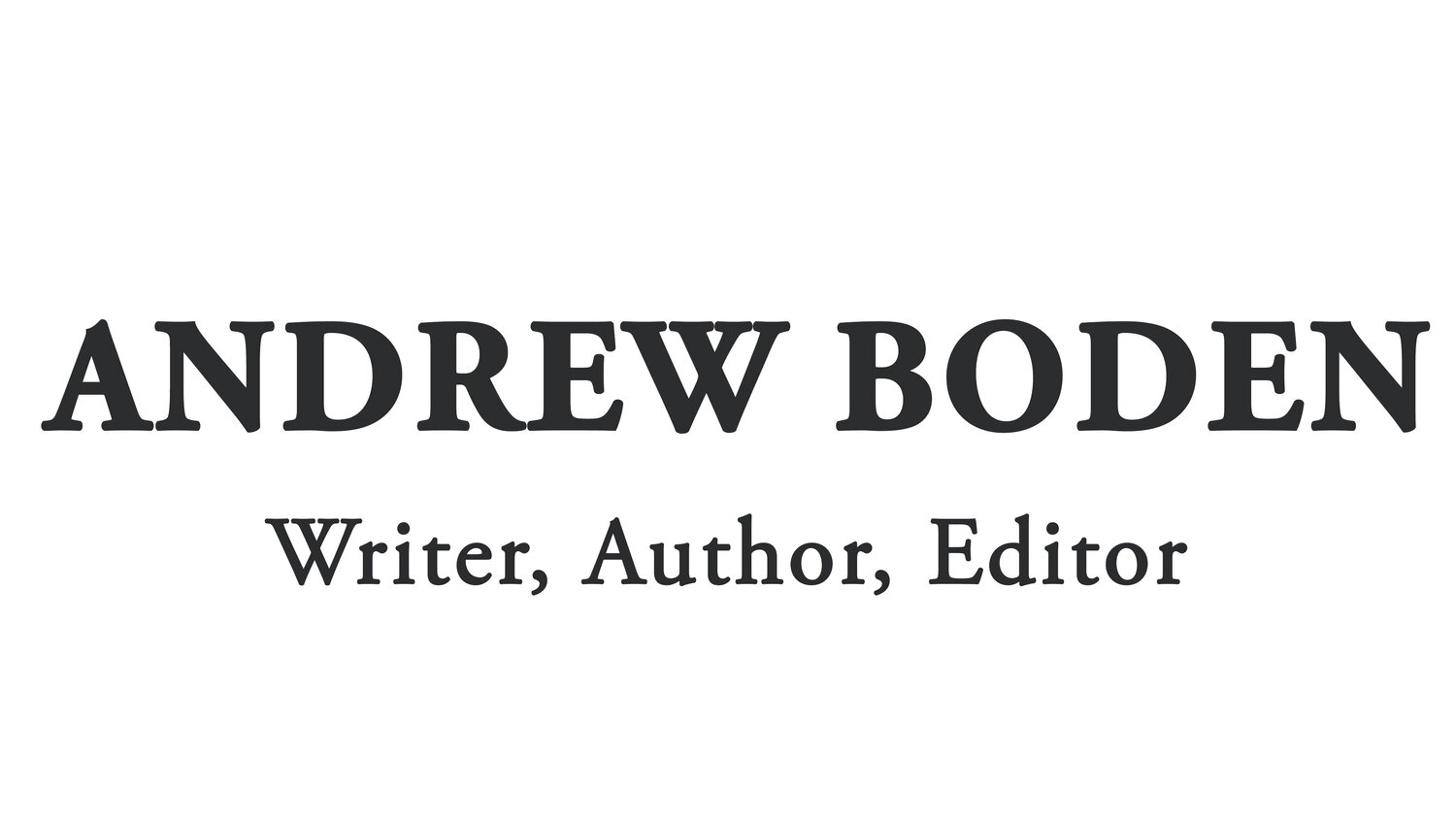I've been meaning to read Sherwood Anderson's Winesburg, Ohio for a decade. A used copy of his short story collection has sat on my night table for the better part of three years, but there was always some other book that captured my eye and interest. The other night, I began with the brilliant introduction to Anderson’s collection by Malcom Cowley. I stopped a few pages in: "[Anderson] couldn't say to himself, 'I shall produce such and such an effect in a book of such and such a length'; the book had to write or rather speak itself while Anderson listened as if to an inner voice."
Cowley's quote here confirmed something new I've been trying with my fiction over the last two years. Getting out of the way of the book writing itself. In my first drafts of my earlier stories, I used to go back each day and re-write the previous day's work: fiddle with paragraphs and sentences and punctuation. I'd stall, sometimes not writing anything new for days. Just revising and revising before I felt that I could go on. It was like some strange, compulsive ritual that I had to do to appease some almost parental part of me. Much later, I realized that my I was the problem—my always worried, semi-perfectionist I who just had to write something nearly perfect before I could continue with the project.
Now I'm experimenting with worrying and thinking less, keeping the momentum of the narrative flowing no matter what. How? It was something the Afghan writer, Idries Shah, once said of his own writing technique to produce dozens of books over his lifetime: just keep your fingers moving on the typewriter keys, keep typing words no matter what. I tried this for my latest novel. I wrote where the story wanted to go and not where I wanted to take it; I kept my fingers moving on my keyboard as fast as they could go. By the end of the first eight months of the pandemic, I had an 80,000-word draft. And it wasn’t half bad.
The technique here isn't new. For decades, writing teachers have been calling it "free writing." What is new for me (besides practicing it) is the idea of surrendering my writing to some other part of myself. I thought, "Well, if my unconscious mind can keep my heart beating, my lungs breathing, my legs walking without me falling flat on my face, maybe it can do the writing, too. Better than me." The only way I've found to let my unconscious do the writing is to avoid thinking as I write: to keep my fingers moving on the keyboard, word after word, despite my endless impulses to stop and correct what I’ve written. The revising, the rewriting—that comes after.
And now back to Sherwood Anderson...

